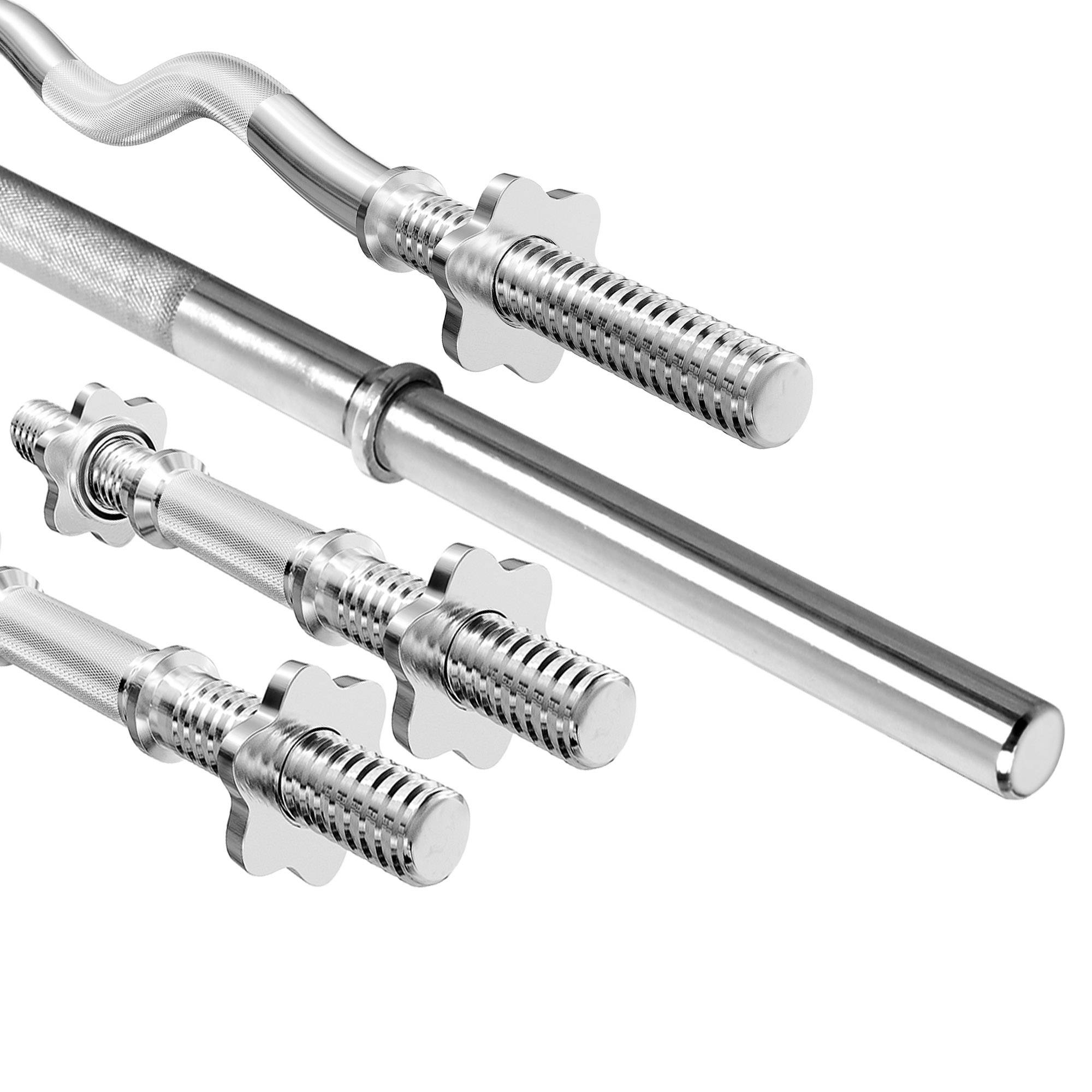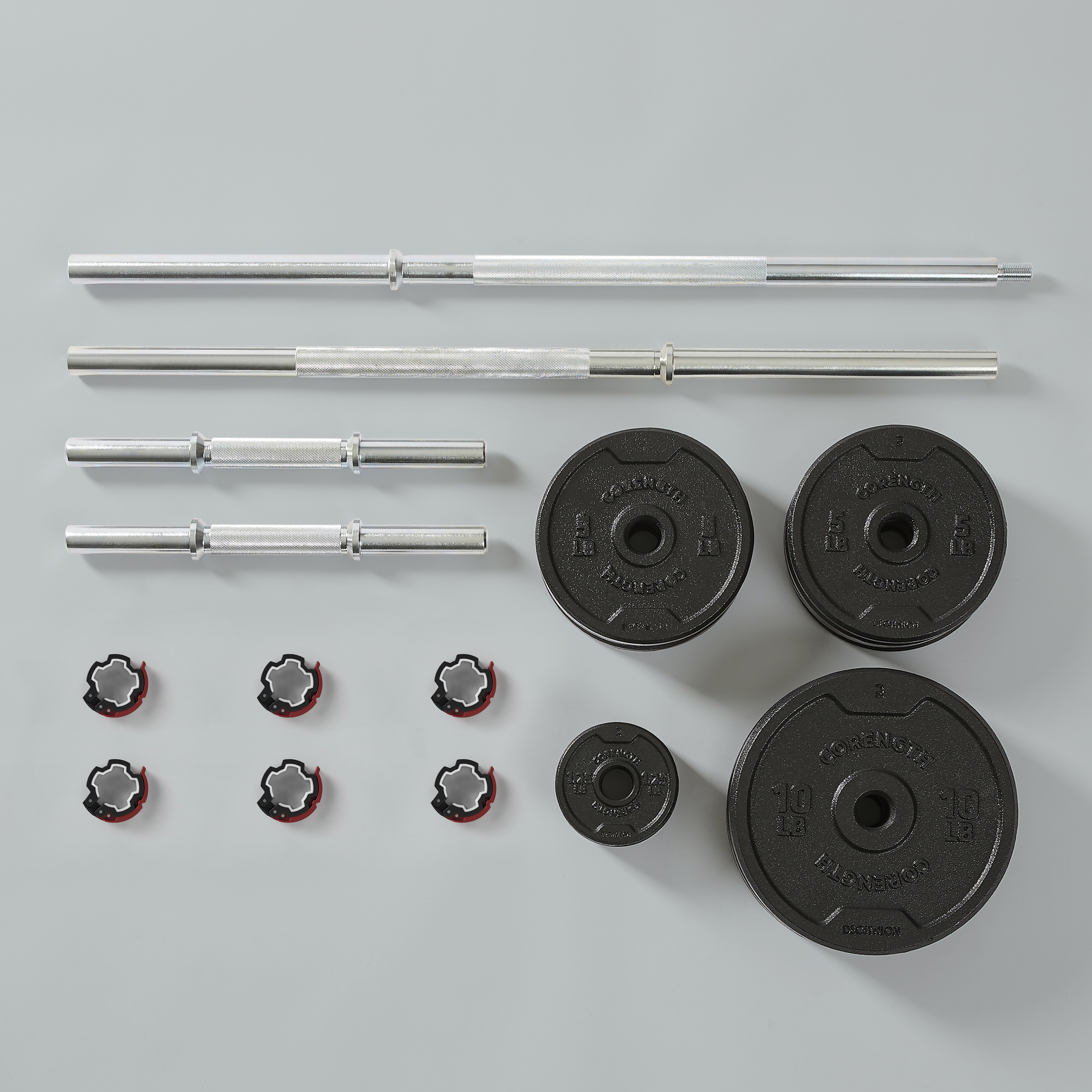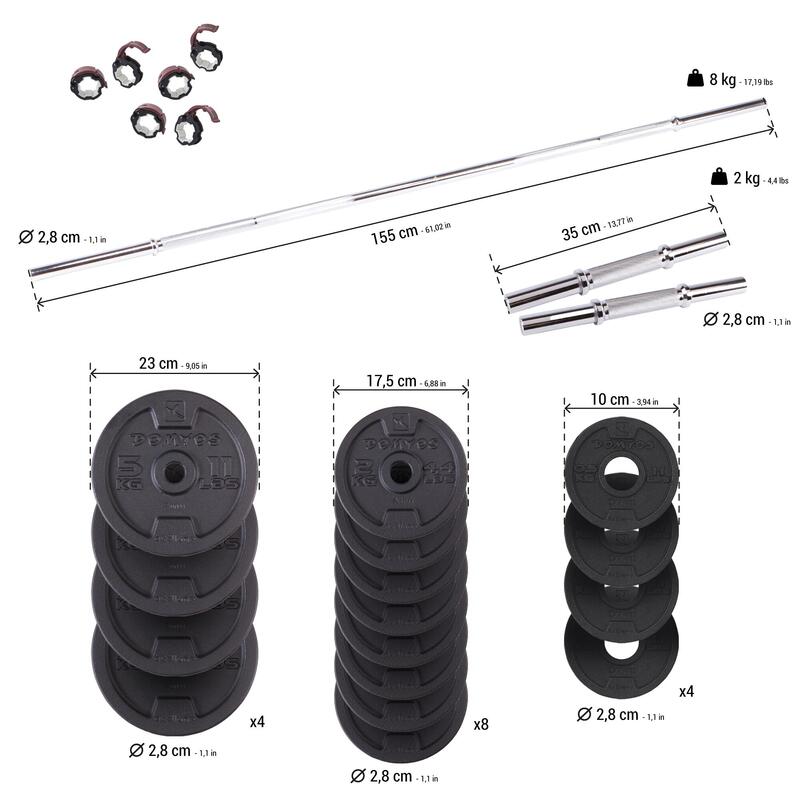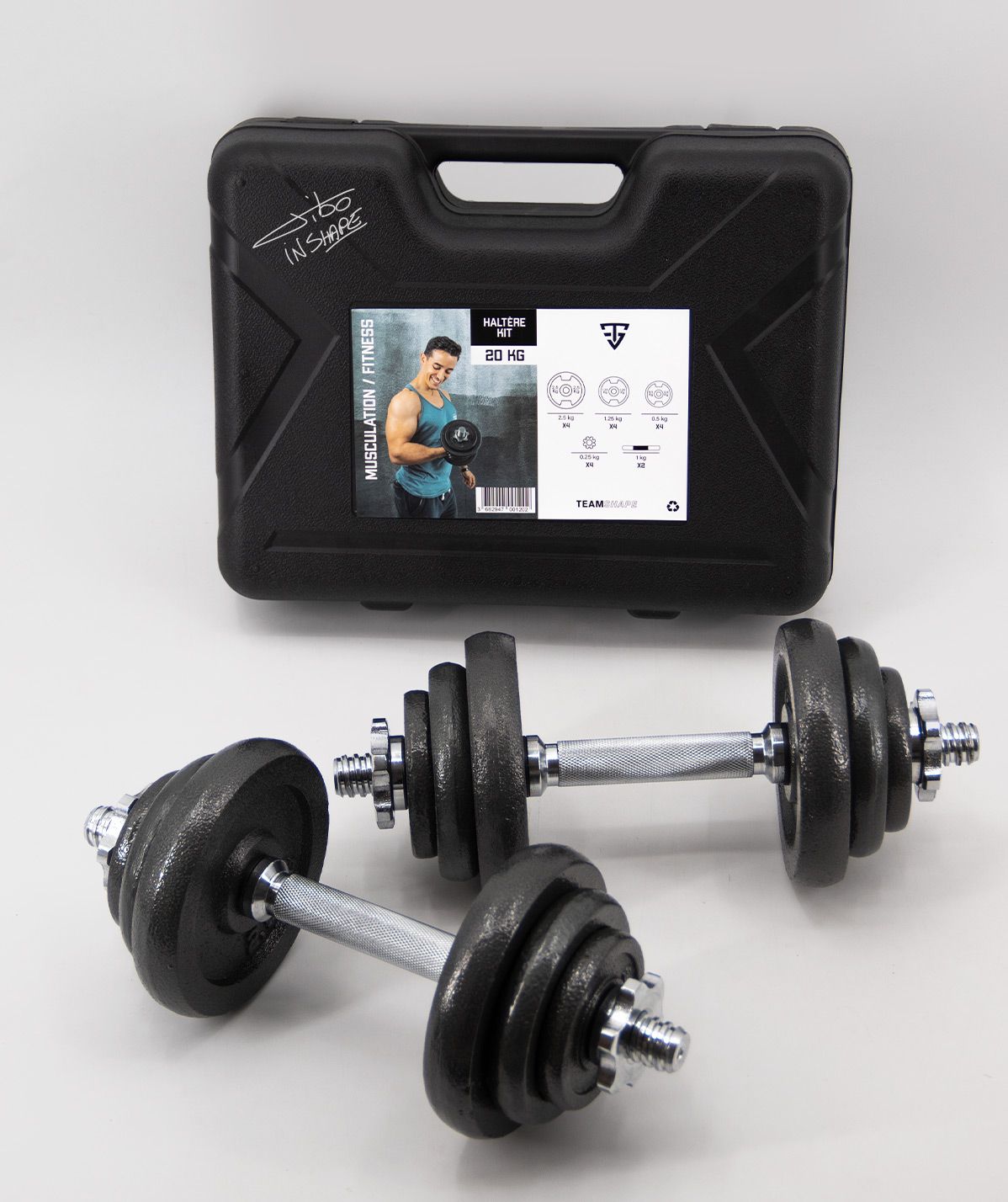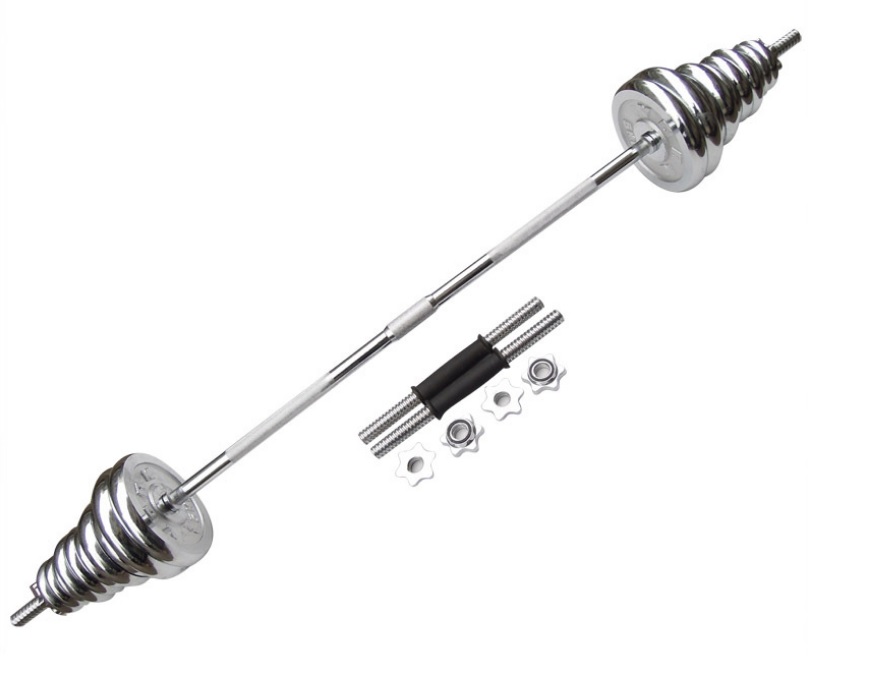
SONGMICS Kit haltères Musculation, Lot de 2, avec Barre d'Extension, 30 kg, pour Hommes et Femmes, Musculation, Prise de Masse, Fitness, Noir SYL30LBK : Amazon.fr: Sports et Loisirs

Ensemble d'haltères Kit haltères musculation Poids ajustable et barres d' haltères 120 kg - Cdiscount Sport

Gorilla Sports Set d'haltères barre Curl + disques en fonte revêtement caoutchouc 35 Kg pas cher - Auchan.fr

Songmics kit haltères musculation, avec barre d'extension supplémentaire, 30 kg, poids réglable, pour hommes et femmes, musculation, prise de masse, 1 paire, noir syl30hbk 16 disques (8 x 2,5 kg, 4 x

Kit Haltères Musculation, Avec Barre D'extension, Poids Ajustable,pour Hommes Et Femmes, 1 Paire - Toute l'offre sport BUT
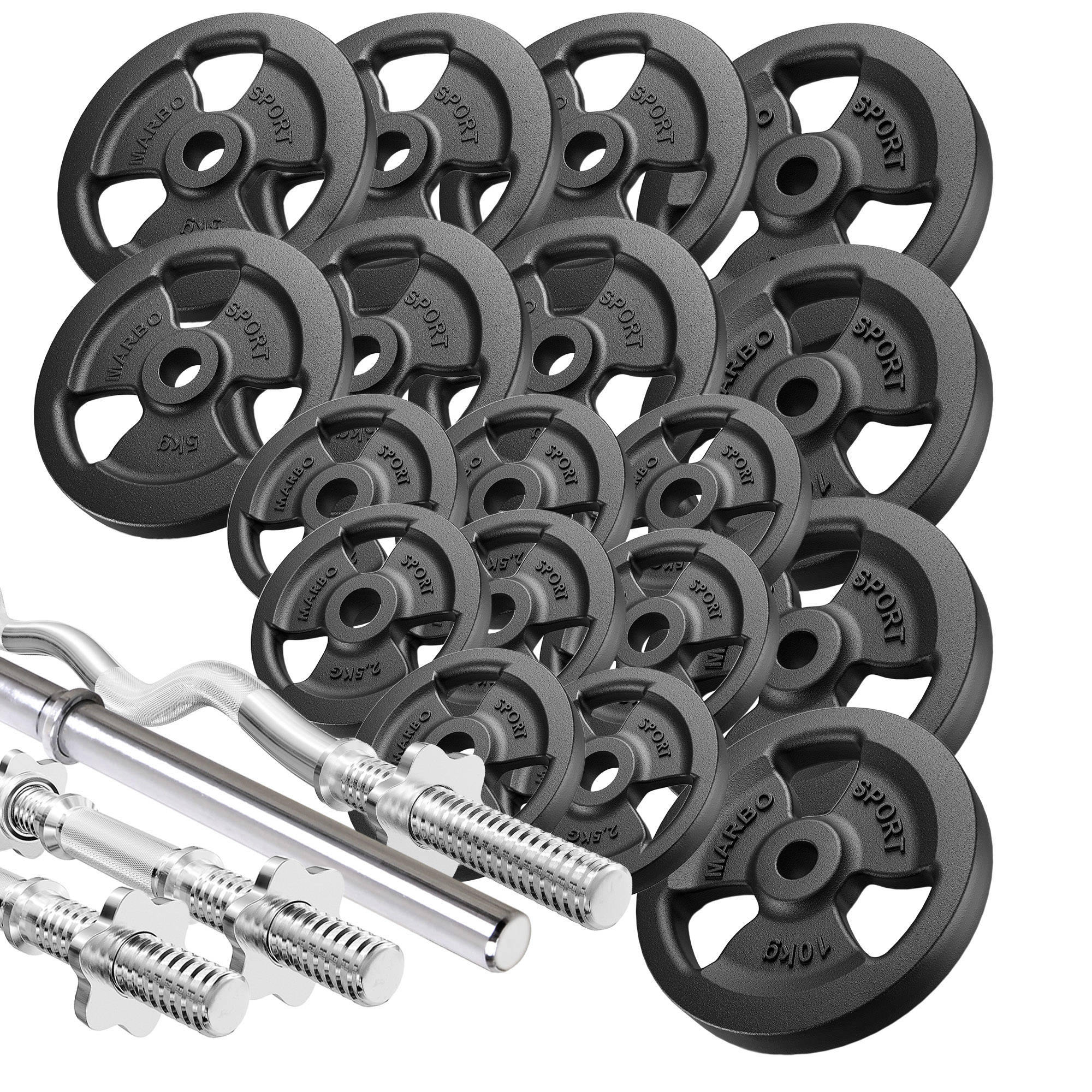
Kit de barres d'haltères renforcées et de disques pour la musculation de 113 kg 113 kg | Barres et poids de musculation \ Ensembles de poids de musculation \ Ensembles de poids
